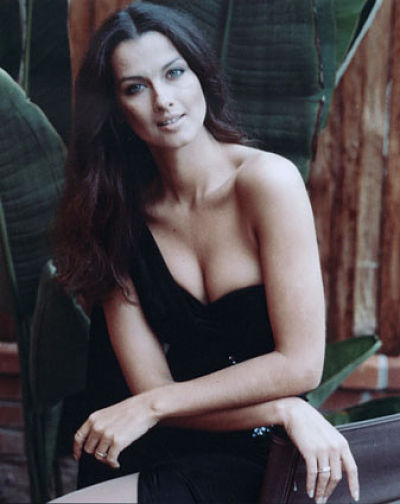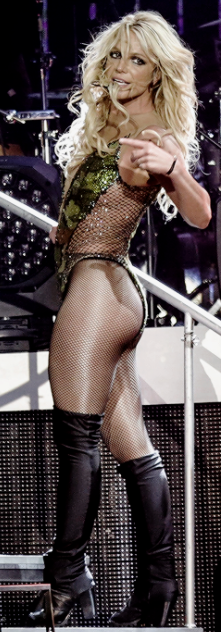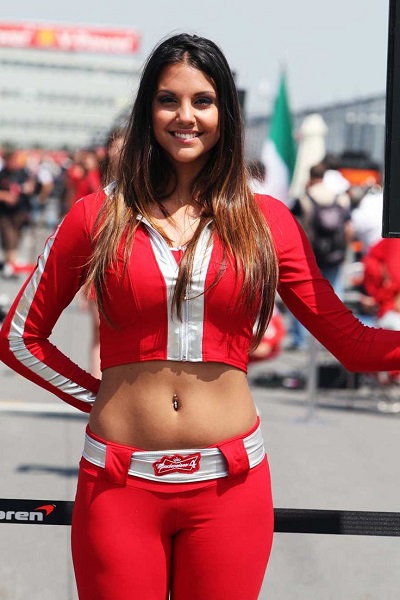I was saddened by the news of the death of the brilliant Steven Bochco, co-creator of the best cop shows ever put on TV, Hill Street Blues and NYPD Blue.
Hill Street Blues came out when I was still living in Johannesburg, and as US shows couldn’t be shown on South African TV because apartheid, my friendly local video store owner managed to get copies made in the US and smuggled into South Africa, where he transposed the episodes from NTSC into the PAL system. He recommended the pilot show to me, and I was hooked in the first five minutes. I’d never seen anything like that show before — and I suspect not many had, even in America. I grew to love the characters and watched their antics fondly each week, waiting for the call from Jim to tell me he’d finished transposing the latest episode; he knew I loved the show and as my apartment was literally across the road from his store, I’d stop over on my way back from work, grab the VHS cassette from him and watch the thing twice before returning it to him the next morning.
I had a major crush on Assistant D.A. Joyce Davenport (Veronica Hamel), and loved the way that she and Captain Frank Furillo (Daniel J. Travanti) had this antagonistic professional relationship at the precinct while having a love affair in secret. I even loved Furillo’s awful ex-wife Fay (Barbara Bosson) and how she always caused trouble for him when she came storming into the station. And I could go on and on: the relationship between cowboy cop Renko and Black cop Washington, the grumpy Belker always getting interrupted at critical moments by phone calls from his mother, the silky psychopath SWAT commander Howard Hunter (James B. Sikking) and so on and so on. And like many, I mourned the real-life death of desk sergeant Phil Esterhaus (Michael Conrad), whose post-briefing “Let’s be careful out there” so often went unheeded, and so often with tragic consequences. I think the show went a little downhill after his passing.
You will understand how much I loved this show that I can still recall so many of the plot details now, some thirty years later.
Much less so was NYPD Blue, which was a grittier, more New York kind of show (as opposed to the still-rough-but-somehow-gentler Chicago South Side of HSB). Still, there were parallels: I had a huge crush on NYPD’s Assistant D.A. Sylvia Costas (Sharon Lawrence) — yes, two ADAs in two shows, go figure — but whereas HSB was mostly drama, NYPDB, made in a more permissive decade, threw in a healthy dose of sex between the characters, with actual nudity. That aside, though, whereas Hill Street Blues had been a truly ensemble show, NYPD Blue belonged lock, stock and barrel to the brilliant Dennis Franz as Det. Andy Sipowicz, whose loud, profane and irritable persona was all New York — still more remarkable when you consider that Franz was the archetypal Chicago cop. (His one-man stage show about cops in Chicago had the accolade of being the favorite stage show of actual Chicago cops, who nightly formed much of his theater audience.) There were other characters on NYPDB — good if not excellent ones — but Franz owned the place.
Anyway, as Readers other than of my own vintage won’t know what the hell I’m talking about here, I’m going to resort to pictures, first of ADA Joyce Davenport and then her New York counterpart, ADA Sylvia Costas.

Finally, here’s a totally-gratuitous pic of NYPDB‘s Det. Diane Russell (Kim Delaney), so everyone can see what I’ve been talking about:

R.I.P. Mr. Bochco, and thank you for the Blues.
“Sit, Ubu.”










 …while F1 has banned grid girls.
…while F1 has banned grid girls.



